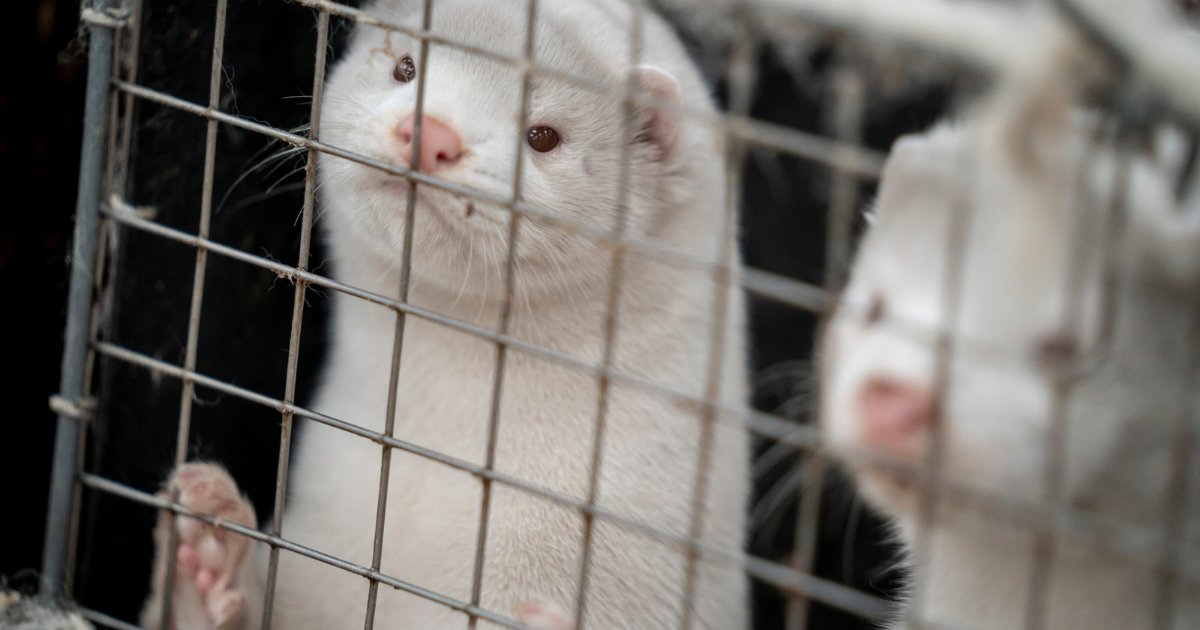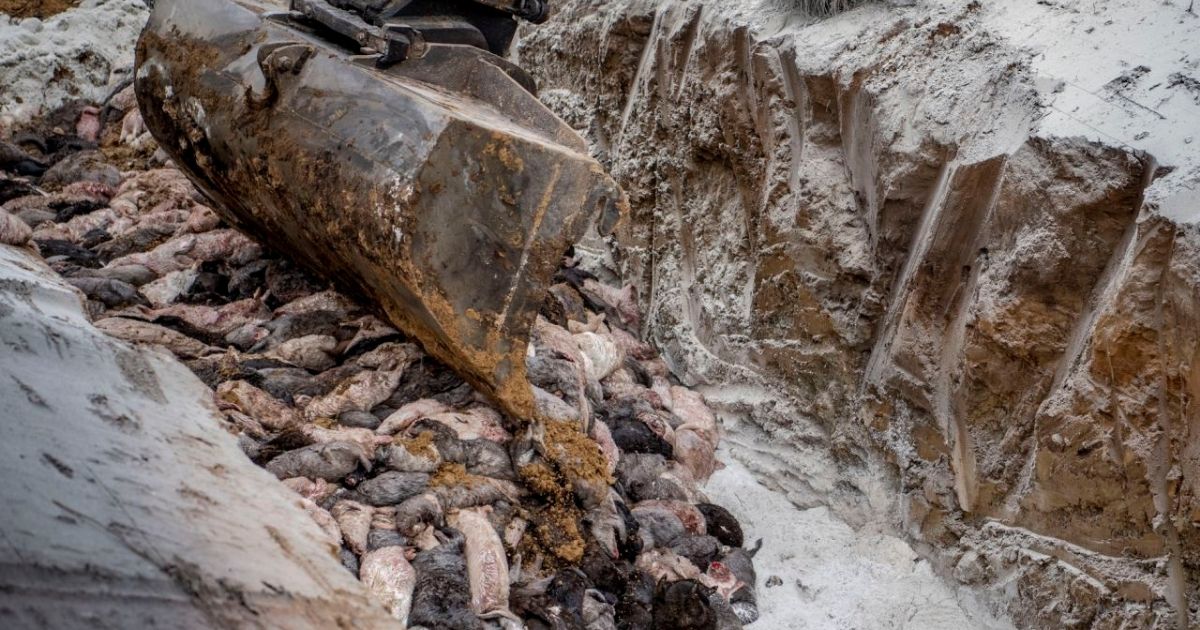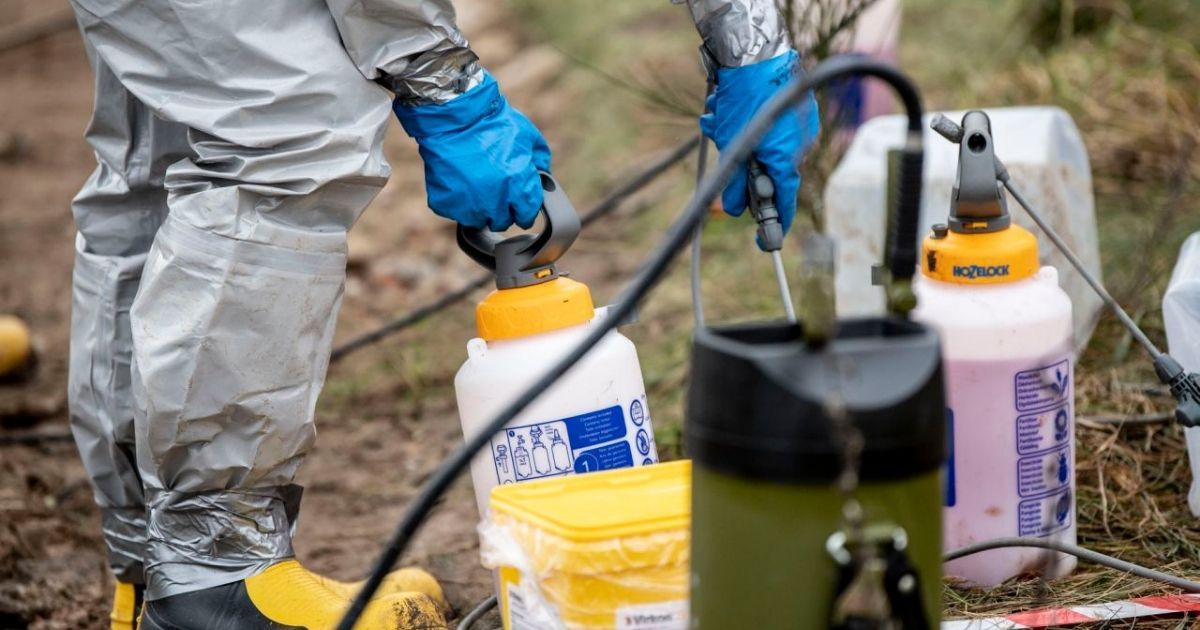Denmark has encountered political and legal pushback after its decision to kill and bury 17 million of the country’s mink.
The country’s health officials stated that the minks showed reduced sensitivity to COVID antibodies, which means if a human was to contract the virus through the animals, a vaccine may not be as effective.
Because of these concerns, Denmark — the largest European distributor of mink fur — decided to cull all 17 million of its mink in an effort to prevent the spread of the supposed mutation risk.
According to the Financial Times, around two million minks have been killed as of November 10.
“The mutated virus in mink may pose a risk to the effectiveness of a future vaccine,” Prime minister of Denmark Mette Frederiksen told Reuters.
Despite what Frederiksen and other Denmark authorities said, others remained skeptical of the risks the animals really posed and if killing so many animals was necessary.
Jakob Ellemann-Jensen, the leader of Denmark’s largest opposition party Venstre, is against the decision.
“Massive doubts over whether this cull is properly scientifically based [have] come to light now,” he said as per The Guardian. “At the same time, the government is taking away the livelihood of a large number of people without actually having the legal rights to do so.”
Others have also expressed concerns about the legality of Denmark’s decision to kill the minks.
“It’s an illegal order. All mink breeders have thus been asked to start immediately, so there is no doubt that the order was illegal,” Law professor at the University of Southern Denmark Frederik Waage told Berlingske.
“The government and the authorities have no authority to ask the mink breeders outside the zones to slaughter their mink. So the mink breeders can postpone the killing, as the legal situation is now,” he added.
However, the Danish publication reported that the government is now working on legislation that means mink breeders outside of the supposed ‘risk zones’ have to kill their herds as well.
After the news last week, Francois Balloux, the director of the University College London Genetics Institute and a professor of computational systems biology, explained that he doesn’t believe minks are to blame for the mutation of the Danish government has detected.
“Vaccine-escape mutations may (or not) arise in humans in the future if they are advantageous to the virus for (once vaccines will be deployed). They definitely won’t be fuelled by mutations having emerged in minks,” Balloux said.







